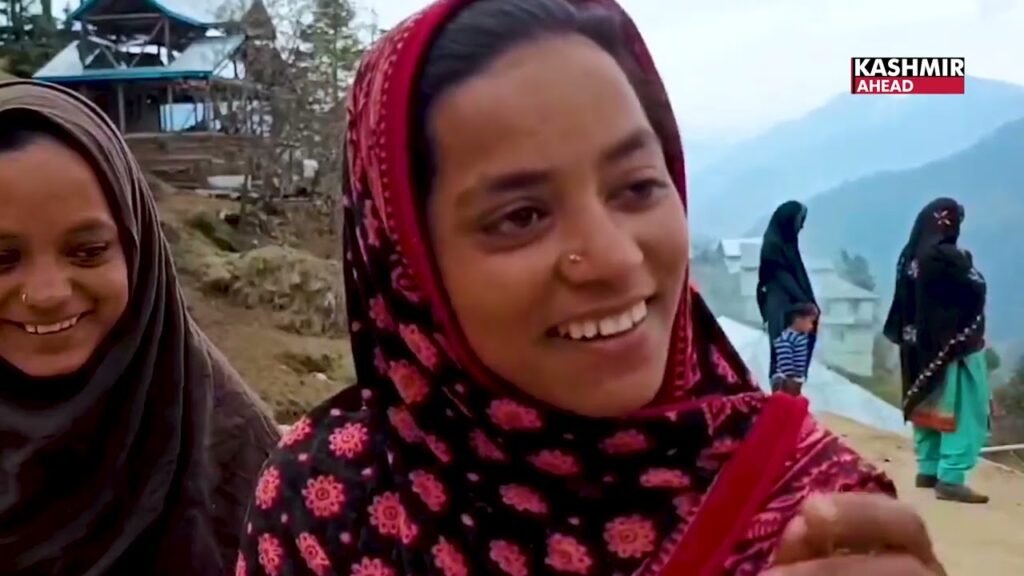The story of the three mute sisters from Dadhkai Panchayat in Jammu & Kashmir’s Gandoh region offers a profound narrative about overcoming adversity and participating actively in democracy. Gandoh, often referred to as the silent village of India, is distinguished not only by its serene beauty but also by the unique challenges faced by its residents, particularly those who are hearing and speech impaired. The three sisters, each born deaf and dumb, embody resilience and the relentless human spirit in the face of physical limitations. Their daily lives illustrate an adaptation that merges simplicity with the complexity of communication barriers. They alternate their attire daily, a simple yet profound ritual that signifies their engagement with the world around them. Despite their inability to hear or speak, they express themselves through actions and gestures, participating fully in the life of their community. In Gandoh, the election period transforms into a vibrant tableau of democracy in action, where even those who communicate through sign language feel the pulse of electoral fervor. The sisters, like every eligible voter in the village, are greeted by local administrators and fellow villagers with respect and assistance as they arrive to cast their votes. Their participation is not just a civic duty but a powerful statement of inclusion and equal rights. It sends a strong message that disability does not diminish one’s role in the societal fabric. Election officers in the village are accustomed to ensuring that all preparations are accessible, demonstrating a commendable commitment to inclusivity. On election day, the presence of these sisters at the polling booth, ready to make their choice, is an inspiring sight. They verify their identity, take their ballot slips, and proceed to the voting machine with assistance as needed. This process, witnessed by others, serves as a poignant reminder of the power of inclusive democracy. The impact of their action extends beyond the confines of Dadhkai. It serves as an inspiration to other communities across India and globally, highlighting the importance of accessibility in voting rights and the inclusion of people with disabilities in all aspects of public life. Their story is not just about the act of voting; it’s about participation in the grand democratic dialogue of their country. By casting their votes, the sisters from Dadhkai are not only shaping their local leadership but are also contributing voices to the chorus that forms the future of their region and their country. In a broader sense, the experience of these three sisters serves as a powerful narrative about breaking down barriers, challenging societal expectations, and reinforcing the idea that every vote counts. Their participation in electoral processes underscores the notion that democracy thrives when it is inclusive, representing all segments of society, irrespective of physical abilities. Thus, the story of the three sisters is a beacon of motivation and a testament to the strength of human spirit and democracy. It is a reminder that no voice is too small, no barrier too big, and no participation insignificant in the collective endeavour of shaping a nation’s destiny.
Keep Reading
Add A Comment



